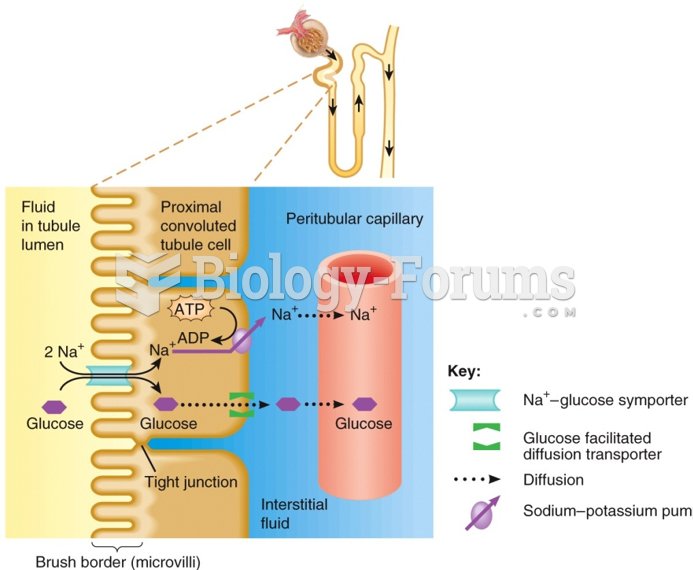Answer to Question 1
ANS: Defense mechanisms are unconscious denials or distortions of reality. We are lying to ourselves when we use these defenses, but we are not aware of. If the defenses are working well, they keep threatening or disturbing material out of our conscious awareness. As a result, we may not know the truth about ourselves. We may have a distorted picture of our needs, fears, and desires.
There are situations in which the truth about ourselves emerges, when our defenses break down and fail to protect us. This occurs in times of unusual stress. If we knew we were lying to ourselves, the defenses would not be so effective. When the defenses fail, we are stricken with overwhelming anxiety. We feel dismal, worthless, and depressed. Unless the defenses are restored, or new ones formed to take their place, we are likely to develop neurotic or psychotic symptoms. Thus, according to Freud, defenses are necessary to our mental health. We could not survive long without them.
Answer to Question 2
ANS: Students' answers will vary.
(a) Projection: It is a defense mechanism that involves attributing a disturbing impulse to someone else. Lustful, aggressive, and other unacceptable impulses are seen as being possessed by other people, not by oneself. For example, a person says, in effect, I don't hate him. He hates me.
(b) Reaction Formation: It is a defense mechanism that involves expressing an id impulse that is the opposite of the one that is truly driving the person. For example, a person who feels threatened by sexual longings may become a rabid crusader against pornography.
(c) Sublimation: It is a defense mechanism that involves altering or displacing id impulses by diverting instinctual energy into socially acceptable behaviors. For example, sexual energy can be diverted or sublimated into artistically creative behaviors.







